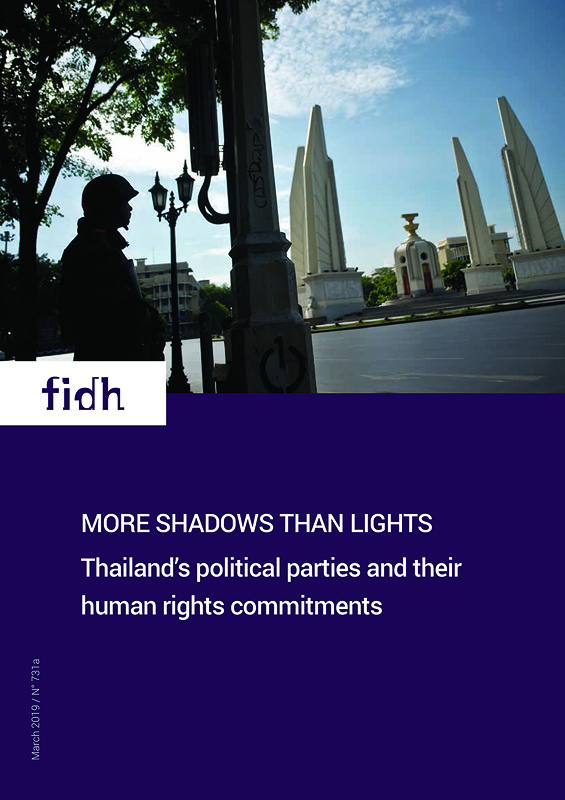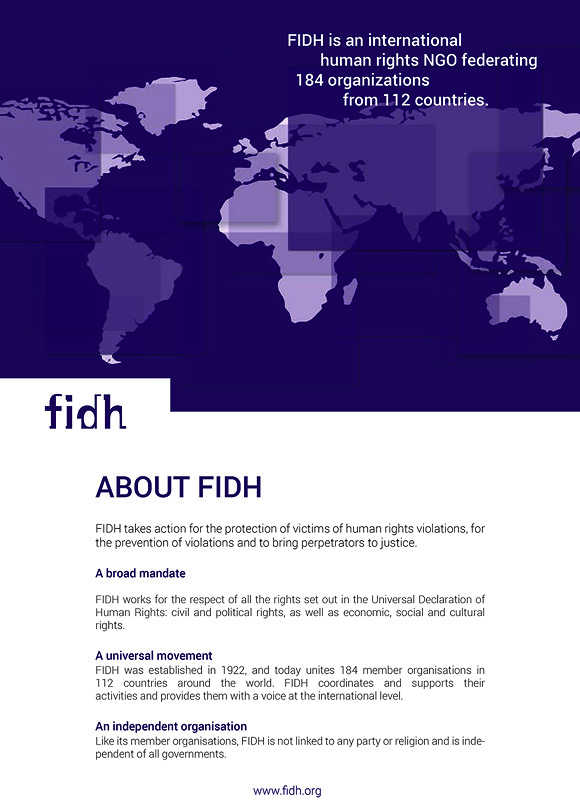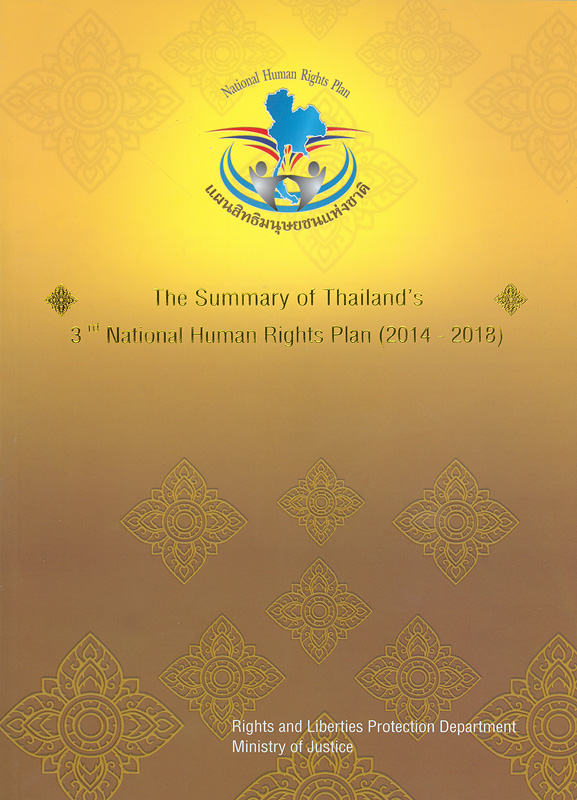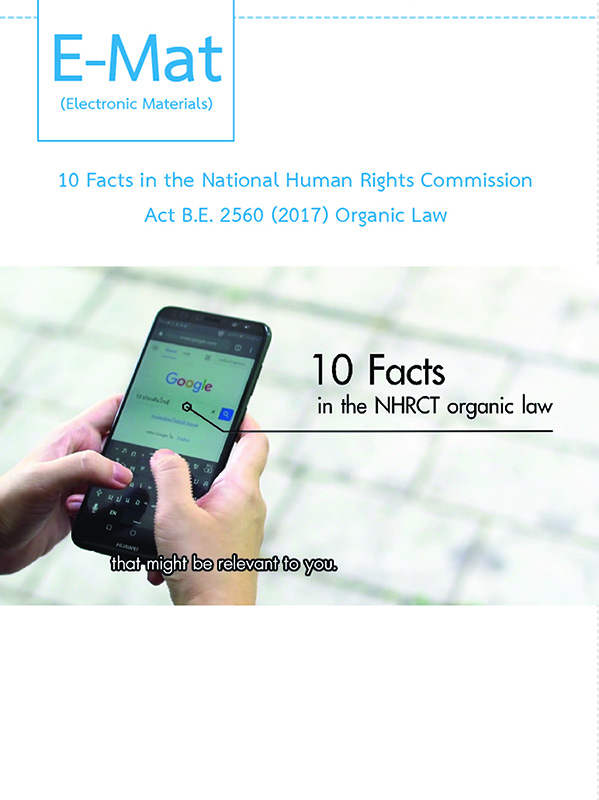- <a href="https://library.nhrc.or.th/en" aria-label="home" class="mainMenu"> <em class="fas fa-home"></em> </a>
-
About Us
ย้อนกลับ About Us<a href="https://library.nhrc.or.th/en/history" aria-label="menu" class="submenu-list" target="_self"> History </a> <a href="https://library.nhrc.or.th/en/structure" aria-label="menu" class="submenu-list" target="_self"> Organization </a> <a href="https://library.nhrc.or.th/en/vision" aria-label="menu" class="submenu-list" target="_self"> Vision/Mission </a> <a href="https://library.nhrc.or.th/en/award" aria-label="menu" class="submenu-list" target="_self"> Awards </a> <a href="https://library.nhrc.or.th/en/announce" aria-label="menu" class="submenu-list" target="_self"> Regulation/Notification </a> Organizational PolicyGallery<a href="https://library.nhrc.or.th/en/website-policy" aria-label="menu" class="submenu-list"> Website Policy </a> <a href="https://library.nhrc.or.th/en/website-security-policy" aria-label="menu" class="submenu-list"> Website Security Policy </a> <a href="https://library.nhrc.or.th/en/personal-information-protection-policy" aria-label="menu" class="submenu-list"> Personal Information Protection Policy </a> <a href="https://library.nhrc.or.th/en/privacy-policies" aria-label="menu" class="submenu-list"> Privacy Policy </a> <a href="https://library.nhrc.or.th/en/terms-of-service" aria-label="menu" class="submenu-list"> Terms of Service </a> <a href="https://library.nhrc.or.th/en/cookies-policy" aria-label="menu" class="submenu-list"> Cookies Policy </a><a href="https://library.nhrc.or.th/en/album-image" aria-label="menu" class="submenu-list"> Gallery </a> <a href="https://library.nhrc.or.th/en/gallery360" aria-label="menu" class="submenu-list"> 360° Picture </a>
-
Services
ย้อนกลับ Services<a href="https://library.nhrc.or.th/en/borrow-and-return" aria-label="menu" class="submenu-list" target="_self"> Borrowing Privileges </a> <a href="https://library.nhrc.or.th/en/service" aria-label="menu" class="submenu-list" target="_self"> Services </a> <a href="https://library.nhrc.or.th/en/flow-service" aria-label="menu" class="submenu-list" target="_self"> Workflow Services </a> <a href="https://library.nhrc.or.th/en/imfortable" aria-label="menu" class="submenu-list" target="_self"> Facilities </a> Forms<a href="https://forms.gle/syLmif2eKJ3kfA2g9" aria-label="menu" class="submenu-list" target="_blank"> Satisfaction Survey </a> <a href="https://library.nhrc.or.th/en/event" aria-label="menu" class="submenu-list" target="_self"> Activities </a> <a href="https://library.nhrc.or.th/en/plan" aria-label="menu" class="submenu-list" target="_self"> Directory </a><a href="https://library.nhrc.or.th/en/form-search" aria-label="menu" class="submenu-list"> Information Retrieval Request </a> <a href="https://library.nhrc.or.th/en/form-suggestions" aria-label="menu" class="submenu-list"> Information Resource Request </a>
-
Online Resources
ย้อนกลับ Online Resources<a href="https://library.nhrc.or.th/en/search?ctrl=kw&searchopt=&type=place&keyword=14" aria-label="menu" class="submenu-list" target="_self"> NHRC’s Collections </a> <a href="https://library.nhrc.or.th/en/search" aria-label="menu" class="submenu-list" target="_self"> Collections </a> Resources<a href="https://library.nhrc.or.th/en/network" aria-label="menu" class="submenu-list" target="_self"> Library Networks </a> <a href="https://library.nhrc.or.th/en/dictionary" aria-label="menu" class="submenu-list" target="_self"> Dictionary </a> <a href="https://library.nhrc.or.th/en/sourceresearch" aria-label="menu" class="submenu-list" target="_self"> Research/Dissertations </a> <a href="https://www.tci-thaijo.org/" aria-label="menu" class="submenu-list" target="_blank"> Thai Journals Online (ThaiJO) </a> <a href="https://ncx.dataxet.co/" aria-label="menu" class="submenu-list" target="_blank"> Online News </a> <a href="http://library.nhrc.or.th/document/Manual/APA.pdf" aria-label="menu" class="submenu-list" target="_blank"> Referencing Style Guide </a><a href="https://library.nhrc.or.th/en/law-of-human-rights" aria-label="menu" class="submenu-list"> Law of Human Rights </a> <a href="https://library.nhrc.or.th/en/international-human-rights" aria-label="menu" class="submenu-list"> International Human Rights </a> <a href="https://library.nhrc.or.th/en/international-human-rights-treaties" aria-label="menu" class="submenu-list"> International Human Rights Treaties </a> <a href="https://library.nhrc.or.th/en/national-human-rights-commissions" aria-label="menu" class="submenu-list"> Human Rights Commission </a> <a href="https://library.nhrc.or.th/en/judgment" aria-label="menu" class="submenu-list"> Judgment </a> <a href="https://library.nhrc.or.th/en/human-rights-online-resources" aria-label="menu" class="submenu-list"> Human Rights Online Resources </a> <a href="https://library.nhrc.or.th/en/un-and-affiliated-agencies" aria-label="menu" class="submenu-list"> UN and Affiliated Agencies </a>
-
Statistics
ย้อนกลับ Statistics<a href="https://library.nhrc.or.th/en/statistic/1" aria-label="menu" class="submenu-list" target="_self"> Onsite Visits </a> <a href="https://library.nhrc.or.th/en/statistic/2" aria-label="menu" class="submenu-list" target="_self"> Circulation Stat </a> <a href="https://library.nhrc.or.th/en/statistic/3" aria-label="menu" class="submenu-list" target="_self"> Reference Services </a> <a href="https://library.nhrc.or.th/en/statistic/4" aria-label="menu" class="submenu-list" target="_self"> Library Collections </a> <a href="https://library.nhrc.or.th/en/statistic/5" aria-label="menu" class="submenu-list" target="_self"> Visitors </a> <a href="https://library.nhrc.or.th/en/statistic/6" aria-label="menu" class="submenu-list" target="_self"> Website Stat </a> <a href="https://library.nhrc.or.th/en/statistic/7" aria-label="menu" class="submenu-list" target="_self"> Annual Reports </a>
-
Contacts
ย้อนกลับ Contacts<a href="https://library.nhrc.or.th/en/faq" aria-label="menu" class="submenu-list" target="_self"> FAQ </a> <a href="https://library.nhrc.or.th/en/opening-hours-close-calendar" aria-label="menu" class="submenu-list" target="_self"> Opening Hours/Close Calendar </a> <a href="https://library.nhrc.or.th/en/contacts-us" aria-label="menu" class="submenu-list" target="_self"> Contacts </a>
-
My Account
ย้อนกลับ My Account<a href="https://library.nhrc.or.th/en/membership-application" aria-label="menu" class="submenu-list" target="_self"> Membership </a> <a href="https://library.nhrc.or.th/en/member/login" aria-label="menu" class="submenu-list" target="_self"> Login </a>
More shadows than lights in political parties human rights commitments
| Category | Call number | Location | Status | |
|
JQ1749.A15 I612 2019 c.1 |
General Books Zone | On shelf | Reserve | |
|
JQ1749.A15 I612 2019 c.2 |
General Books Zone | On shelf | Reserve |
| Call Number |
JQ1749.A15 I612 2019
|
| Corporate Name | |
| Title |
More shadows than lights in political parties human rights commitments / International Federation for Human Rights
|
| Alternate Title |
เงามืดมากกว่าแสงสว่าง พรรคการเมืองของไทยและพันธกิจด้านสิทธิมนุษยชน
|
| Imprint |
Bangkok : International Federation for Human Rights, 2019.
|
| Physical |
30 p. : ill. ; 30 cm.
|
| Contents Note |
Executive summary
--Background: junta at the helm amid tightly controlled election environment --Survey findings: more shadows than lights --Lights: human rights defenders, refugees, detention conditions --Shadows: freedom of expression, role of the military, womens rights, the death penalty, and impunity for human rights violations --Recommendations to elected members of parliament. |
| Summary |
The report is based on the findings of a survey conducted by FIDH among 32 Thai political parties. The survey revealed that, despite some positive commitments regarding human rights defenders, detention conditions, and refugees and asylum seekers, political parties were reluctant to address some of the most critical issues impacting human rights and democratic principles in Thailand. The survey found little support from political parties for measures aimed at improving the enjoyment of the right to freedom of opinion and expression. Only a small minority favored the amendment of criminal defamation laws, while the overwhelming majority did not support the removal of jail terms for violators of Article 112 of the Criminal Code (lèse-majesté). Disappointingly, the majority of political parties expressed strong support for the death penalty. As Thailand remains mired in a culture of deeply entrenched impunity, it was equally discouraging to note the political parties lack of enthusiasm for impartial investigations into allegations of serious human rights violations, including in Thailands Deep South. The survey also revealed reluctance to limit the role of the military in Thailands political affairs. Less than half of the parties surveyed said they would significantly reduce the militarys budget, and only a few parties saw security sector reform as a main priority for the next government. On a more positive note, the survey showed that the majority of the parties support legislation that incorporates the principle of non-refoulement for refugees and asylum seekers. Half of the political parties favored adopting concrete measure to address Thailands abysmal prison conditions by incorporating provisions of international standards related to the treatment of prisoners into domestic legislation. The survey also highlighted the political parties support for regular engagement with human rights defenders. The numerous recommendations contained in the report provide a clear agenda for parliamentary action to concretely address Thailands key human rights issues after the election.
|
| Founding Information Note |
With the compliments of Mrs. Angkhana Neelapaijit
|
| Subject | |
| Subject | |
| Subject | |
| Keyword | |
| Corporate Author | |
| Corporate Author | |
| Link | |
| Link |
| LEADER : 00000nab 2200000uu 4500 |
| 008 190319s2019||||th 000 0 eng d |
| 050 00^aJQ1749.A15^bI612 2019 |
| 110 1 ^aInternational Federation for Human Rights |
| 245 00^aMore shadows than lights in political parties human rights commitments /^cInternational Federation for Human Rights |
| 246 30^aเงามืดมากกว่าแสงสว่าง พรรคการเมืองของไทยและพันธกิจด้านสิทธิมนุษยชน |
| 260 ^aBangkok :^bInternational Federation for Human Rights, ^c2019. |
| 300 ^a30 p. :^bill. ;^c30 cm. |
| 505 0 ^aExecutive summary --^tBackground: junta at the helm amid tightly controlled election environment --^tSurvey findings: more shadows than lights --^tLights: human rights defenders, refugees, detention conditions --^tShadows: freedom of expression, role of the military, womens rights, the death penalty, and impunity for human rights violations --^tRecommendations to elected members of parliament. |
| 520 ^aThe report is based on the findings of a survey conducted by FIDH among 32 Thai political parties. The survey revealed that, despite some positive commitments regarding human rights defenders, detention conditions, and refugees and asylum seekers, political parties were reluctant to address some of the most critical issues impacting human rights and democratic principles in Thailand. The survey found little support from political parties for measures aimed at improving the enjoyment of the right to freedom of opinion and expression. Only a small minority favored the amendment of criminal defamation laws, while the overwhelming majority did not support the removal of jail terms for violators of Article 112 of the Criminal Code (lèse-majesté). Disappointingly, the majority of political parties expressed strong support for the death penalty. As Thailand remains mired in a culture of deeply entrenched impunity, it was equally discouraging to note the political parties lack of enthusiasm for impartial investigations into allegations of serious human rights violations, including in Thailands Deep South. The survey also revealed reluctance to limit the role of the military in Thailands political affairs. Less than half of the parties surveyed said they would significantly reduce the militarys budget, and only a few parties saw security sector reform as a main priority for the next government. On a more positive note, the survey showed that the majority of the parties support legislation that incorporates the principle of non-refoulement for refugees and asylum seekers. Half of the political parties favored adopting concrete measure to address Thailands abysmal prison conditions by incorporating provisions of international standards related to the treatment of prisoners into domestic legislation. The survey also highlighted the political parties support for regular engagement with human rights defenders. The numerous recommendations contained in the report provide a clear agenda for parliamentary action to concretely address Thailands key human rights issues after the election. |
| 536 ^aWith the compliments of Mrs. Angkhana Neelapaijit |
| 650 4^aHuman Rights^zThailand 4^aPolitical parties^zThailand 4^aCivil rights^zThailand |
| 653 ^aNew Arrivals 04-2019 |
| 710 1 ^aสมาพันธ์สิทธิมนุษยชนสากล 1 ^aFIDH |
|
856 40^zFull text^uhttps://www.fidh.org/IMG/pdf/thailande731aweb.pdf
856 40^3Content^uhttp://library.nhrc.or.th/ulib/document/Content/T10500.pdf |
| 917 ^aGift :^c200 |
| 955 ^a2 copies |
| 999 ^anopparat |




before adding tags or comments.